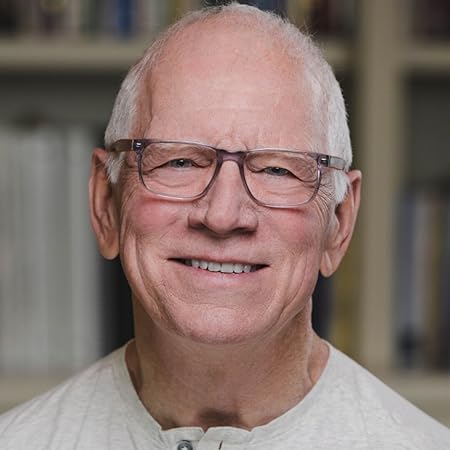What are you willing to give your life to? Not, what would you die for, but rather, what do you live for? Why are you here? The world gives us two rubrics for our purpose: build something—like wealth, reputation, or status; or find happiness—through comfort, affluence, or convenience. But ultimately, the world’s perspective leads nowhere. It’s like…

LESSON 3 OF 13
29 min read
Membership Required
This content is only available to members. Please join to access this content.
Continue the Series
This series focuses on redefining and rediscovering true biblical manhood in today's world. It explores how men can align their lives with God's design, overcome cultural misconceptions, and build strong, godly character. Through practical teachings and scriptural insights, men are encouraged to grow in their faith and leadership roles.
-
Sleeping Giants: Millennials, Boomers, and the Future of Men in the Church
-
IDENTITY: 5 Things You Get to Say About Yourself
-
DATING, MARRIAGE & FAMILY: On Being a Baby Daddy
-
Career Guidance for Baristas, Bankers, Fathers, and Friends
-
Pursuing Life-Preserving Friendships
-
Submit To God’s Role in Your Family
-
Re-Constructing Your Faith
-
A Man’s Pilgrimage in the 21st Century
-
Reconstruct How You Treat People
-
Finding Hope in the Midst of Suffering


